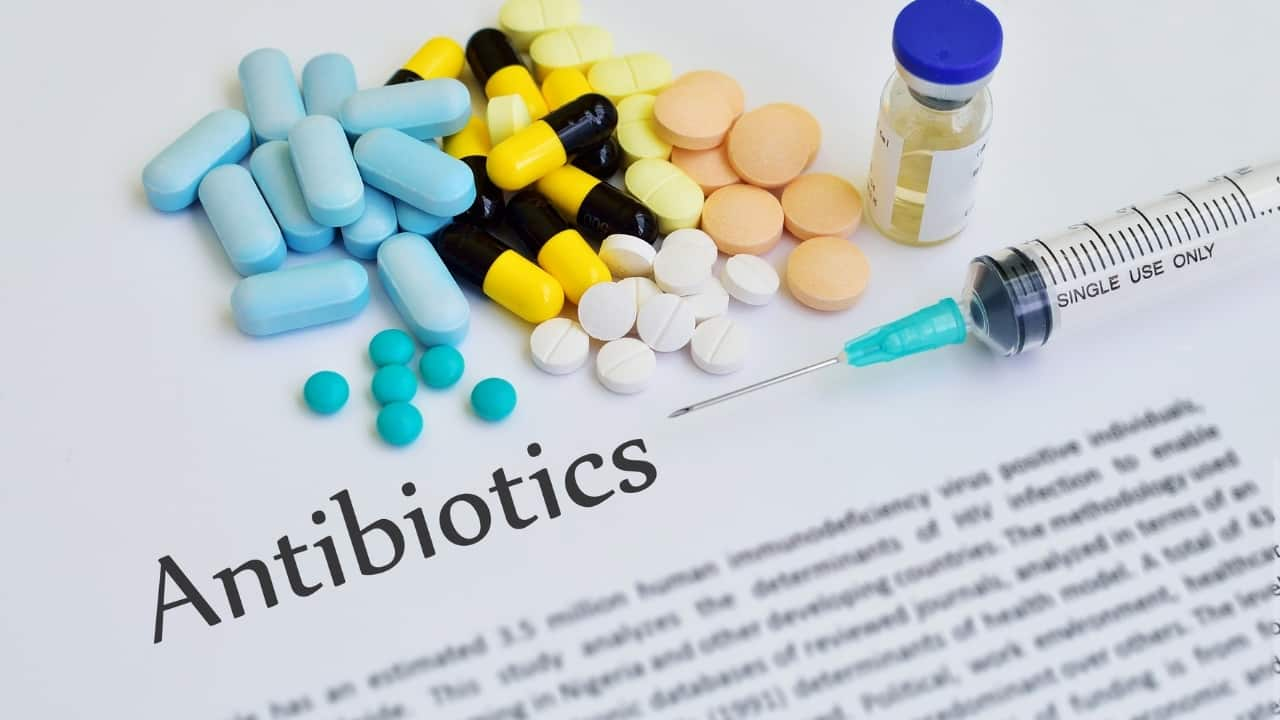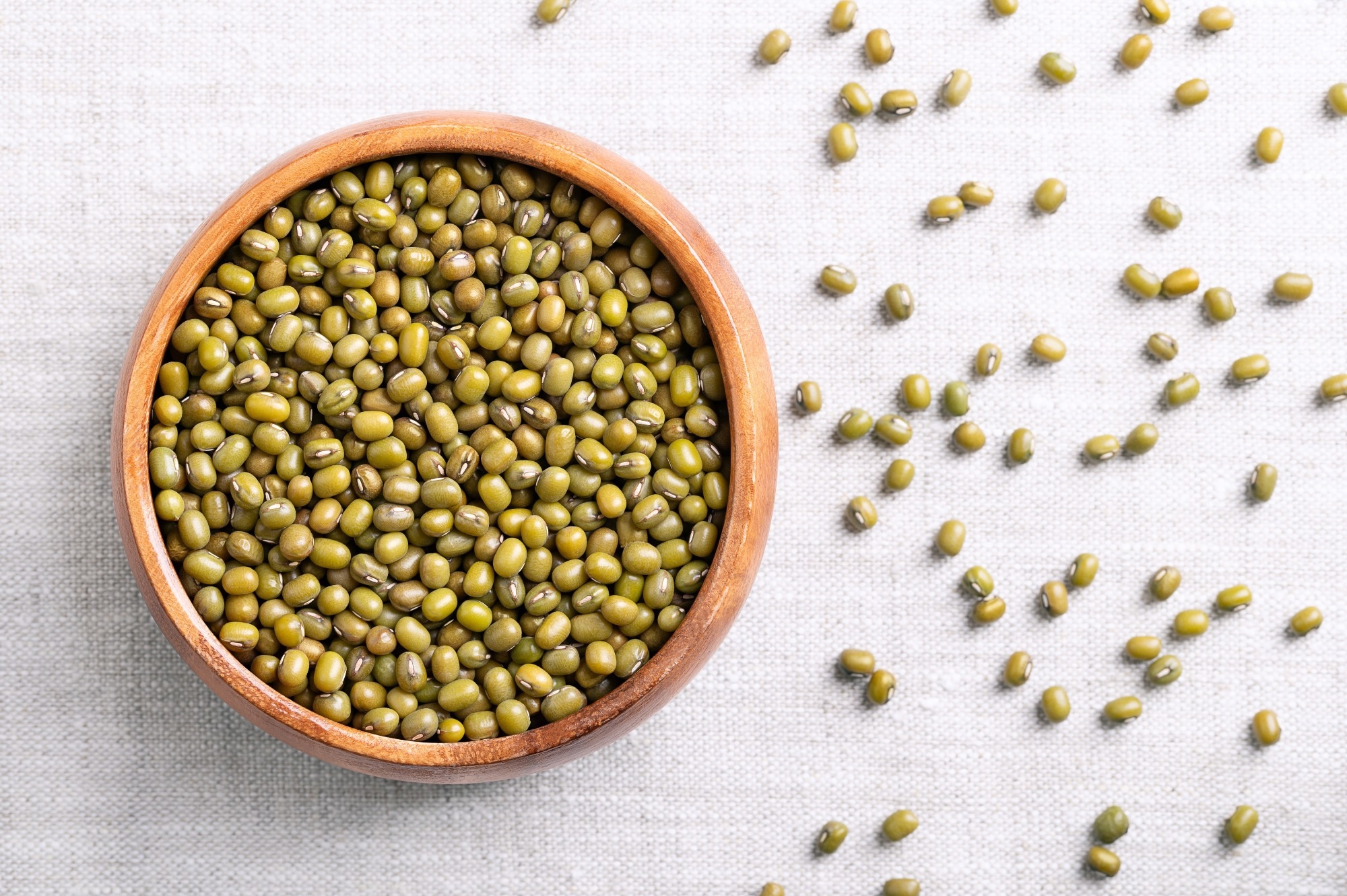Biohacking: The Latest Health Trend Taking America by Storm – Is It Safe?

Hollywood's influence on health and wellness trends is undeniable. From detox teas to bizarre diets, what starts in Tinseltown often makes its way across the nation. The latest buzz? Biohacking. But what exactly *is* biohacking, and is it a legitimate path to better health, or just another fleeting fad? Let's dive in, with insights from health experts, to explore this growing movement sweeping across America.
What is Biohacking?
At its core, biohacking is about taking control of your own biology. It's a broad term encompassing various practices aimed at optimizing physical and mental performance. Unlike traditional medicine, which often focuses on treating illness, biohacking emphasizes proactive, personalized interventions. Think of it as DIY biology – experimenting with your body to unlock its full potential.
Different Types of Biohacking
Biohacking isn't a one-size-fits-all approach. It's a spectrum, ranging from relatively simple lifestyle tweaks to more advanced (and potentially risky) interventions. Here's a breakdown:
- Nutrigenomics: This focuses on how your genes interact with the food you eat. Personalized nutrition plans based on DNA analysis are a key component.
- Lifestyle Biohacking: This is the most accessible form, including optimizing sleep, managing stress, improving diet (often through intermittent fasting or ketogenic diets), and regular exercise.
- DIY Biology: This involves more experimental approaches, such as tracking biomarkers (like blood glucose levels or hormone levels) with wearable technology, using nootropics (brain-enhancing supplements), or even attempting gene editing (though this is highly controversial and requires significant expertise).
- Grinder Biohacking: This is the most extreme form, involving implanting devices into the body to enhance senses or capabilities. It's a niche community with significant safety concerns.
Expert Opinions: Is Biohacking Safe?
Health experts have mixed views on biohacking. Many acknowledge the potential benefits of lifestyle changes and personalized nutrition. However, they caution against the more extreme practices.
“The idea of taking control of your health is empowering,” says Dr. Sarah Klein, a registered nutritionist based in Cape Town. “However, it’s crucial to approach biohacking with caution and a healthy dose of skepticism. Self-experimentation can be risky, and it’s essential to consult with qualified healthcare professionals before making significant changes, especially when considering supplements or devices.”
Concerns often revolve around the lack of regulation in the supplement industry, the potential for adverse reactions to nootropics, and the ethical implications of gene editing. The “grinder” community, in particular, faces serious health risks due to infections and complications from implant procedures.
The Appeal of Biohacking
Despite the risks, biohacking’s popularity continues to grow. Several factors contribute to this:
- Increased Health Awareness: People are becoming more proactive about their health and seeking ways to optimize their well-being.
- Technological Advancements: Wearable technology and at-home testing kits make it easier to track biomarkers and personalize interventions.
- Desire for Optimization: In a competitive world, many are seeking any edge they can get, whether it's improved cognitive function, increased energy levels, or enhanced physical performance.
The Bottom Line
Biohacking isn’t inherently good or bad. It’s a tool, and like any tool, it can be used responsibly or irresponsibly. Focusing on foundational lifestyle factors – diet, sleep, exercise, and stress management – is a safe and effective way to harness the power of biohacking. However, proceed with caution when venturing into more experimental territories, and always prioritize your health and safety. Remember, consulting with a healthcare professional is key to ensuring you're making informed decisions about your well-being.






